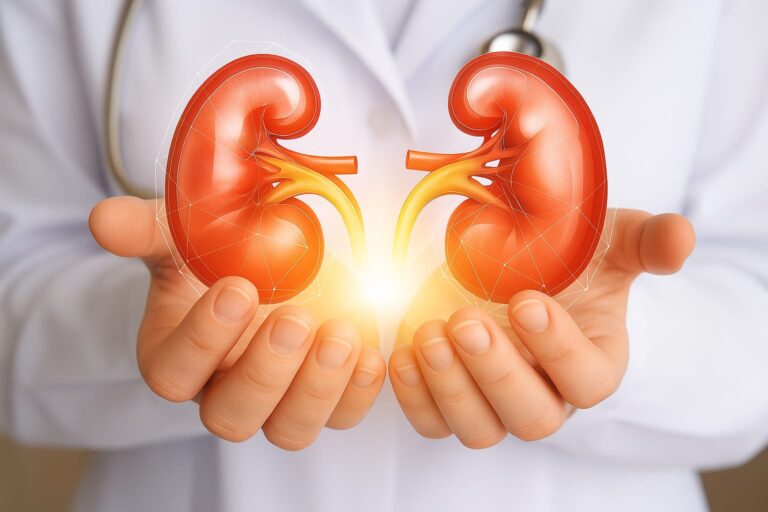5 Ways Intermittent Fasting Can Boost Kidney Health: Expert Reveals the Truth
What’s the Real Deal Between Intermittent Fasting and Your Kidneys?
You’ve probably heard the buzz: intermittent fasting helps with weight loss, boosts metabolism, and improves longevity. But here’s the question we’re asking today: Does intermittent fasting and kidney health go hand-in-hand, or could it secretly be doing harm?
Is this something you want to search the entire internet for, analyze it, and separate fact from fiction?
You’re not alone — and we’ve done the heavy lifting for you. After analyzing everything across the internet and gathering real-world insights, the Bhussan.com team shares this friendly, helpful article to help you get to the truth about intermittent fasting and kidney health.
What Exactly is Intermittent Fasting?⏱️
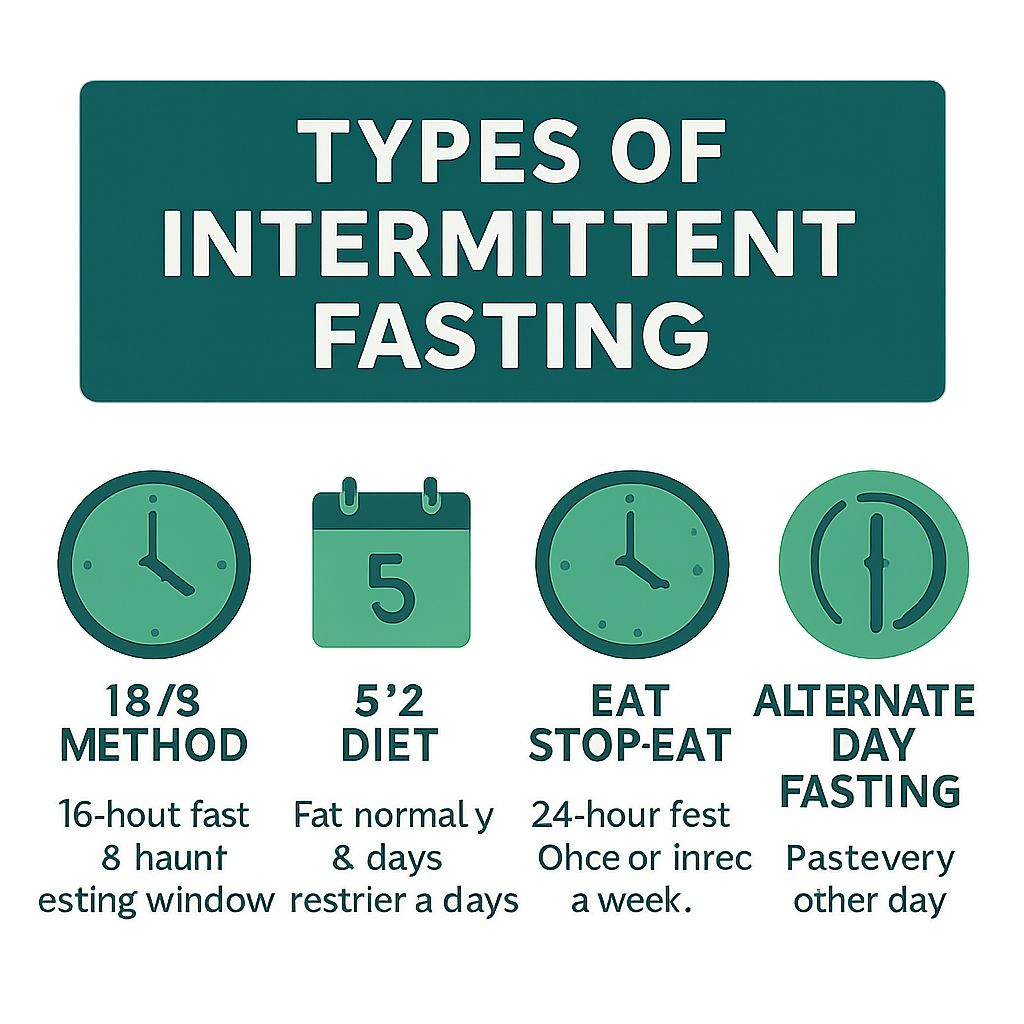
Let’s break it down simply. Intermittent fasting (IF) isn’t about what you eat, it’s about when you eat. Here are the most common methods:
-
16:8 – Fast for 16 hours, eat during an 8-hour window.
-
5:2 Diet – Eat normally 5 days, restrict calories (500–600) on 2 non-consecutive days.
-
Alternate-Day Fasting – Eat one day, fast the next.
By limiting eating windows, your body spends more time in a fasted state, which can trigger fat burning, insulin sensitivity, and cellular repair. But how does this affect your kidneys?
Your Kidneys: Silent Heroes of the Body🩺
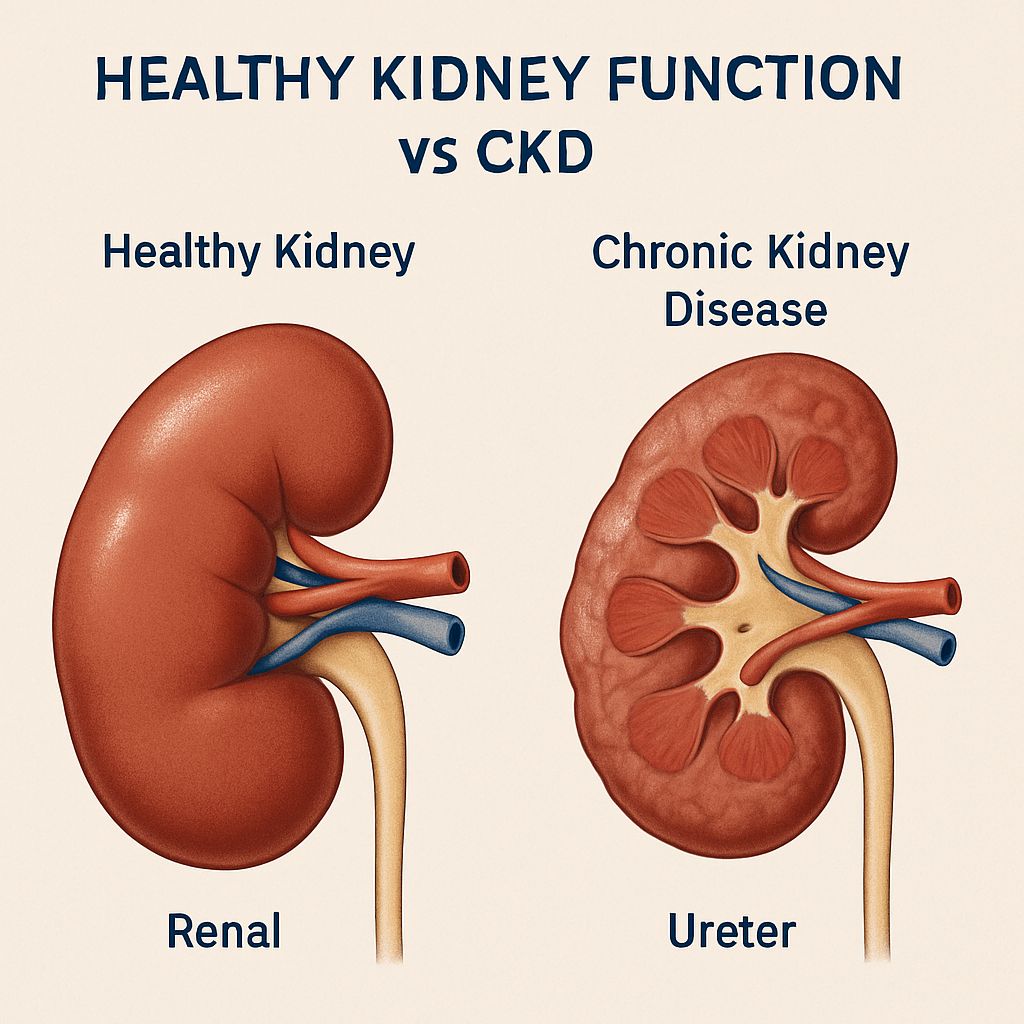
Let’s give your kidneys some credit. These bean-shaped organs do a LOT:
-
Filter 50 gallons of blood daily
-
Eliminate waste via urine
-
Balance electrolytes (sodium, potassium, magnesium)
-
Regulate blood pressure
-
Control red blood cell production
So when something goes wrong, like chronic kidney disease (CKD), it can quietly snowball into life-threatening conditions.
That’s why it’s important to know how intermittent fasting and kidney health are connected.
5 Ways Intermittent Fasting Might Help Kidney Health
Let’s talk science-backed benefits:
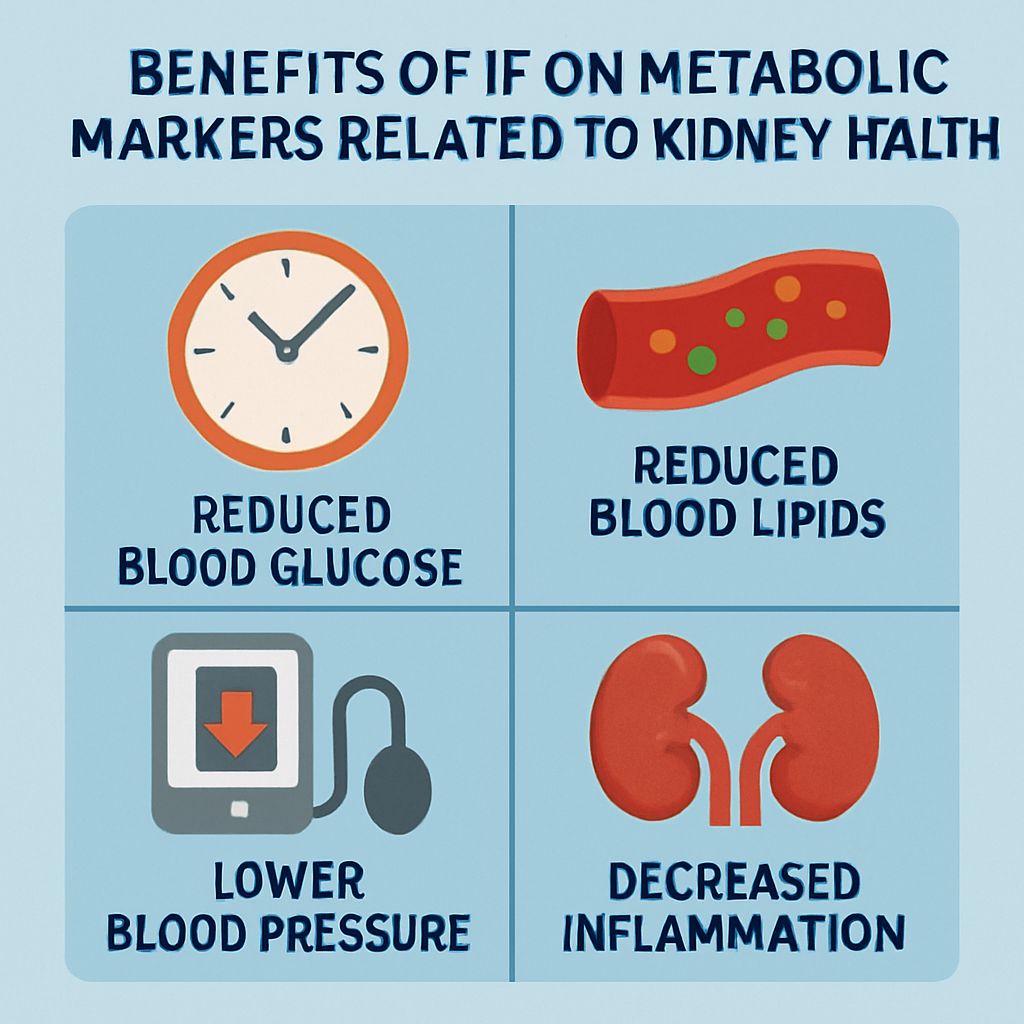
✅ 1. May Lower Diabetes Risk
Why it matters: Diabetes is the #1 cause of kidney disease.
Intermittent fasting improves insulin sensitivity and reduces blood sugar spikes, key to preventing diabetic kidney damage.
✅ 2. Supports Weight Loss
Obesity increases the workload on your kidneys. IF can help shed pounds and reduce glomerular hyperfiltration (an early sign of kidney strain).
✅ 3. Reduces Inflammation
Studies show IF lowers CRP (C-reactive protein), an inflammatory marker tied to kidney stress and progression of CKD.
✅ 4. Improves Blood Pressure
Since high blood pressure is the #2 cause of kidney failure, this is huge. Fasting helps regulate BP naturally without medication.
✅ 5. May Lower Proteinuria
Protein in urine (proteinuria) is an early warning sign of kidney damage. IF may reduce this, though research is still ongoing.
The Risks: When Intermittent Fasting Might Harm Kidneys⚠️
Now, let’s flip the coin. Here’s when intermittent fasting and kidney health may not be a good mix:
❌ 1. Dehydration Danger
Many people forget to drink enough water during fasting periods, especially during dry fasts or religious fasting. Dehydration stresses the kidneys and can lead to stone formation.
❌ 2. Electrolyte Imbalances
Your kidneys balance sodium, potassium, magnesium — fasting without proper nutrition can cause imbalance, leading to cramps, fatigue, or worse.
❌ 3. Not Ideal for CKD Patients
If you already have kidney disease (especially stage 3 or above), fasting can disrupt protein intake, hydration, and medication timing, making things worse if unmanaged.
Expert Says: “It Depends on Your Kidney Health”🧑⚕️

We asked Dr. Priya Nambiar, a top nephrologist:
“If you’re healthy, intermittent fasting may actually help prevent kidney disease. But for people already diagnosed, it’s not one-size-fits-all. Hydration, protein intake, and medication schedule must be adjusted carefully.”
So yes — it’s promising, but supervision is key.
📉 Pros & Cons Table: Intermittent Fasting for Kidney Health
| Pros | Cons |
|---|---|
| May reduce the risk of diabetes and high BP | Risk of dehydration |
| Supports fat loss | Potential electrolyte imbalance |
| Can reduce inflammation markers | May worsen CKD if unmanaged |
| Might lower proteinuria | Not suitable for everyone |
Safe Fasting Tips for Kidney-Conscious People✅
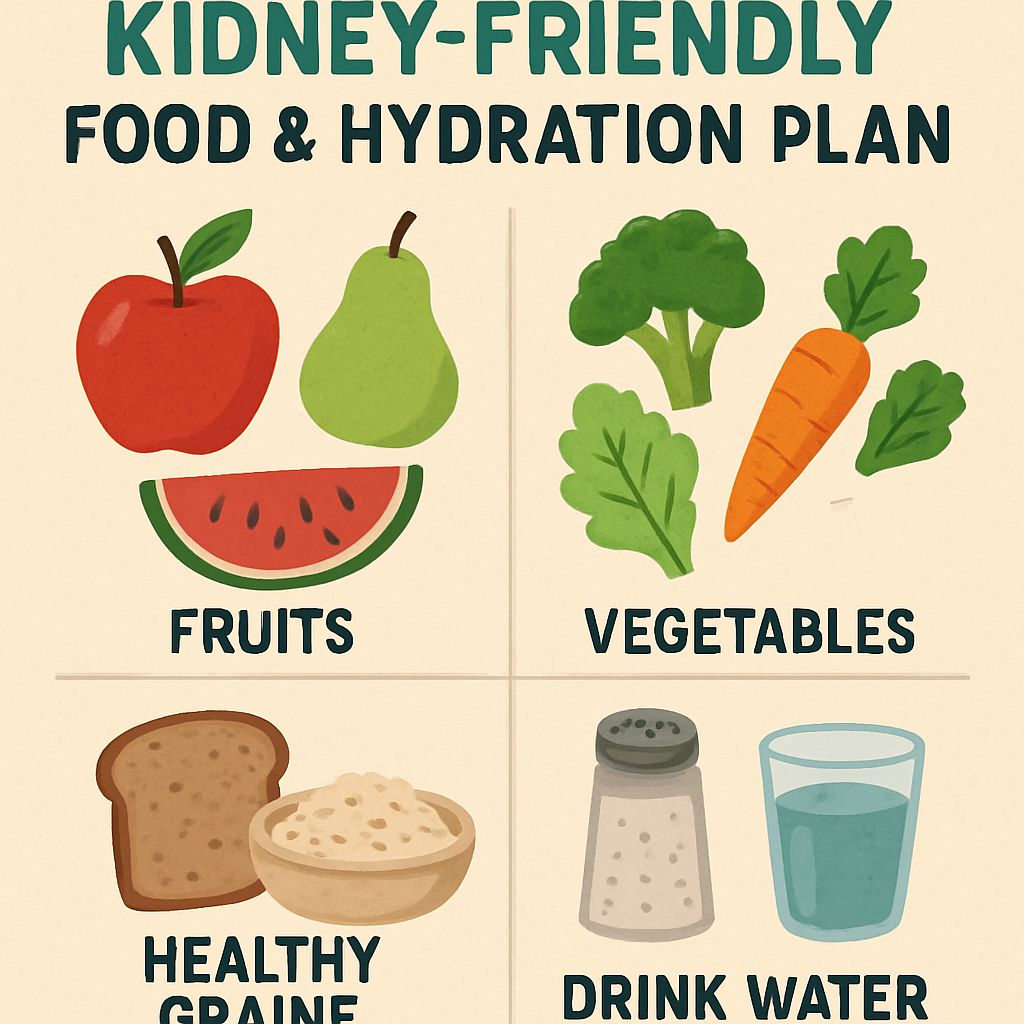
If you want to try intermittent fasting and keep your kidneys safe:
-
💧 Hydrate – Aim for 2.5–3L of water per day
-
🥩 Don’t skimp on protein – Get medical advice, especially if you’re in early CKD stages
-
🧂 Monitor electrolytes – Supplement if fasting long-term
-
🧪 Track labs – eGFR, creatinine, BUN, and sodium levels matter!
❓ 30+ FAQs About Intermittent Fasting and Kidney Health
(FAQ list remains unchanged)

Final Thoughts: Can You Fast and Keep Your Kidneys Happy?🧾
Yes — intermittent fasting can support kidney health, especially by lowering risk factors like diabetes and hypertension. But it’s not for everyone.
👉 If you’re healthy, go for it, with hydration and proper nutrition.
👉 If you have kidney disease, consult your nephrologist before trying any fasting routine.
Want more expert-backed health content like this? Subscribe to Bhussan.com’s wellness newsletter and get real insights, not clickbait.
DoFollow External Resource Example: Harvard Health – Intermittent Fasting Benefits

